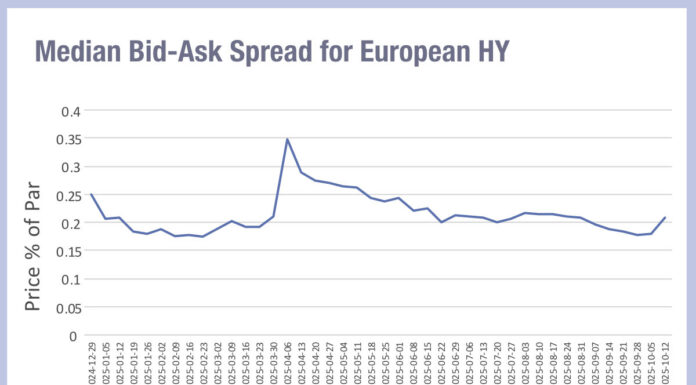The European Central Bank (ECB) has published harmonised rules and arrangements for the mobilisation and management of collateral in Eurosystem credit operations in its recently published guideline (ECB/2024/22).
Through the new rules, the organisation aims to encourage financial integration in the euro area and act as a step towards the capital markets union. Amendments to the General Documentation have been made to accommodate the guideline.
Changes have been made in line with a number of market developments, the ECB stated, with several harmonisation efforts already in play. A Eurosystem policy stating that assets mobilised as collateral will be held in accounts in TARGET2-Securities has been implemented, as have relevant market standards outlined in the Single Collateral Management Rulebook for Europe. A shared approach has also come into play around the recovery of external costs charged by central securities depositories and triparty agents (TPAs) from counterparties.
Alignments in domestic and cross-border handling procedures, the adoption of the pooling method for maintenance of collateral mobilised by Eurosystem counterparties, and changes to the eligibility criteria for securities settlement systems and their links to TPAAswere also cited as influential factors.
The harmonised rules are part of the upcoming Eurosystem Collateral Management System (ECMS), which aims to facilitate the management of assets mobilised as collateral in Eurosystem credit operations. The unified system will replace euro area central banks’ individual collateral management systems, and is expected to come into effect from 18 November 2024.
Changes made to the General Documentation to accommodate these amendments include favouring national central banks’ in-house credit assessment systems to determine the eligibility of credit claims and applicable valuation haircuts, along with greater clarity around the Eurosystem credit assessment framework. Changes have also been made to the expression in face amount of the quantity of debt instruments needed to be eligible as collateral and to comply with market standards for the denomination of securities.
©Markets Media Europe 2024
©Markets Media Europe 2025












